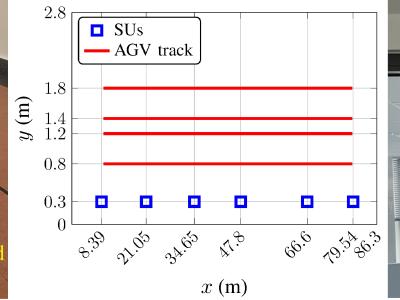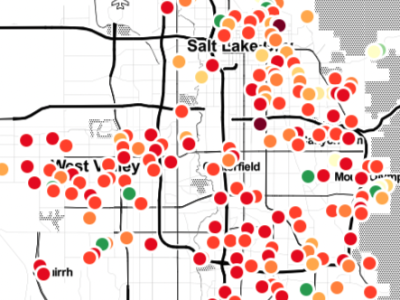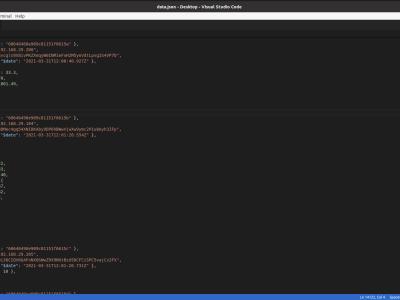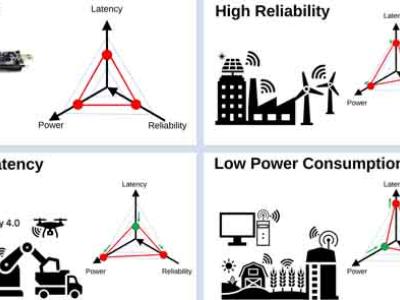
Accurately obtaining the position of active transmitters within an indoor wireless network has promising applications in future wireless networks. However, due to the complex propagation phenomena experienced by signals indoors, classical model-based localization techniques present poor accuracy, and machine learning (ML) based positioning has a promising potential to deliver high accuracy localization services indoors. Hence, datasets containing real-world measurands available represent an important step to better understand the achievable performance of ML-based positioning schemes.
- Categories:




